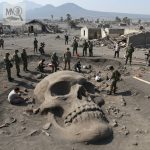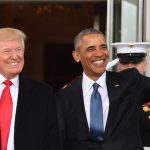Is Donald Trump Preparing to Cancel the 2028 Presidential Election by Creating a Crisis? Here’s What We Know
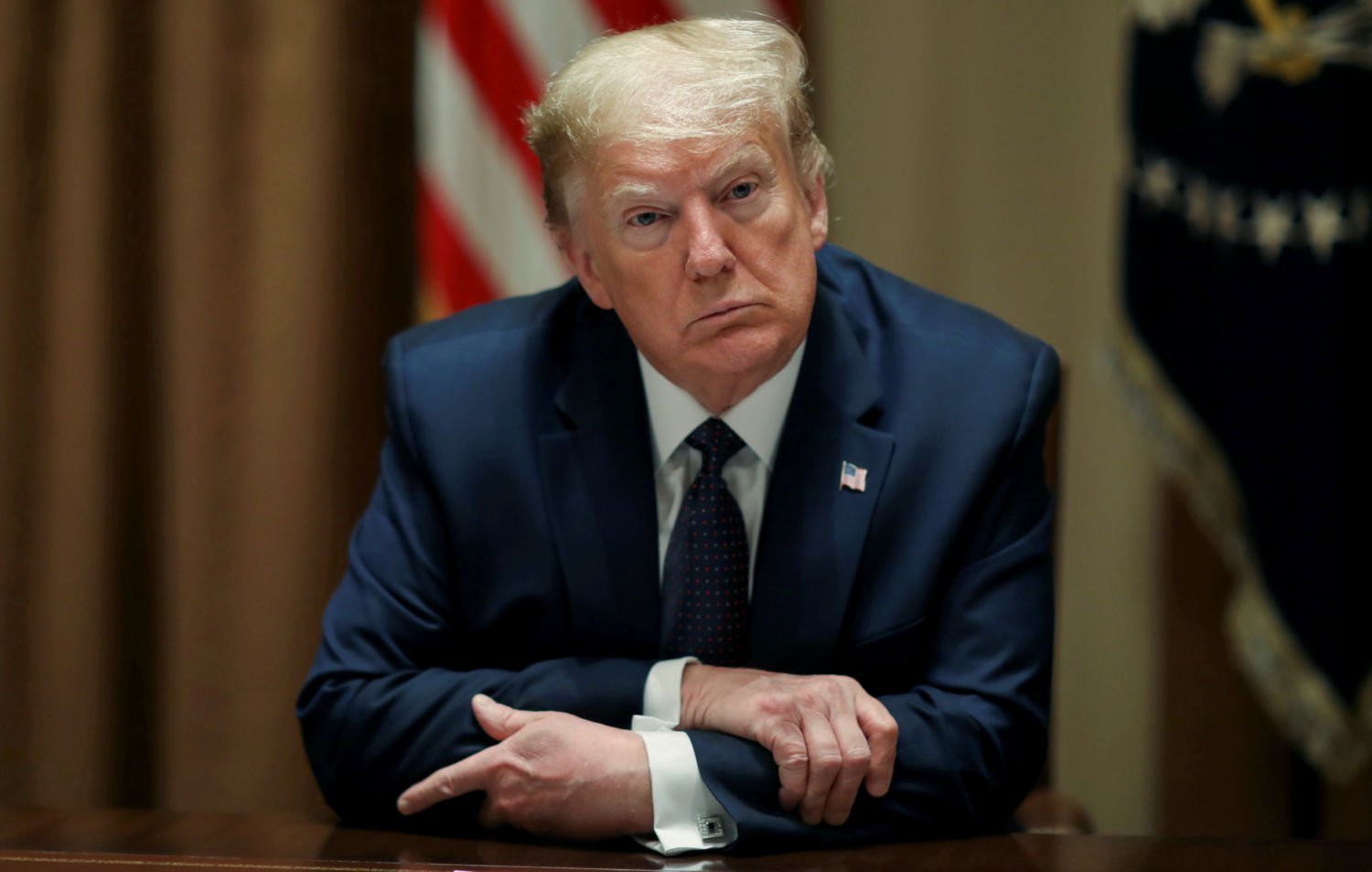
1. The New Context: A Speech Before U.S. Military Generals
On September 30, 2025, at the Marine Corps Base Quantico, Virginia, President Donald Trump and Defense Secretary Pete Hegseth held a rare, closed-door meeting with nearly 800 top generals and admirals from across the United States and allied commands.
During his address, Trump declared that “we are under invasion from within” and suggested that major American cities like San Francisco, Chicago, New York, and Los Angeles could serve as “training grounds” for the military. (Time.com)
Before Trump’s speech, Secretary Hegseth criticized the “woke” culture in the military, claiming that physical standards had declined and that diversity programs (DEI) had weakened the force. (Reuters)
However, the generals responded with silence—no applause, no visible enthusiasm—indicating discomfort with the politicized tone of the event.
These scenes left many asking: Why was the president summoning the nation’s generals and speaking of “internal war” on U.S. soil?

2. Critics’ Warning: “Trump Is Laying Groundwork to Cancel 2028 Election”
Representative Dan Goldman (Democrat, New York) raised the alarm, saying Trump’s rhetoric and actions might be part of a broader plan to delay or cancel the 2028 presidential election by manufacturing a national crisis. (Yahoo News)
In an interview on The Jim Acosta Show, Goldman warned that Trump could exploit false or exaggerated threats—such as internal enemies or border invasions—to convince Americans that the country is “under siege,” thereby justifying an emergency suspension of normal democratic processes.
“It’s really dangerous because he’s trying to manufacture a crisis,” Goldman said, “so that Donald Trump can take more authoritarian actions and usurp more power.”
Goldman added that Trump’s frequent use of words like “enemy within”, “war”, and “securing our borders” suggests he’s building a political narrative where democracy itself could be portrayed as a threat to national security.
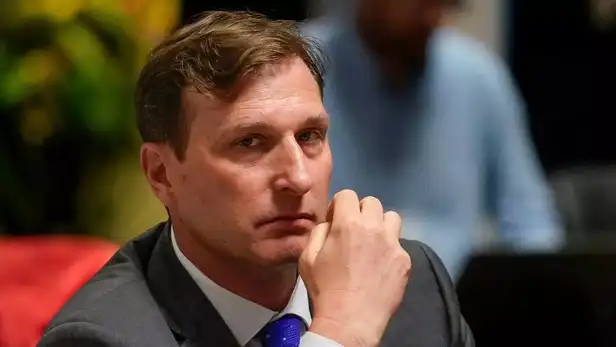
3. Why 2028 — and Why Are Fears Growing?
Several factors have amplified these concerns:
-
Trump’s repeated jokes and hints about a “third term.”
Even in jest, these remarks undermine the two-term limit guaranteed by the U.S. Constitution. -
Political polarization at record levels.
Trust in the electoral system has declined sharply since 2020, with misinformation and election denialism still widespread. -
Use of military language domestically.
Trump’s references to “deploying troops to cities” and “fighting enemies within” break with long-standing norms that separate the U.S. military from internal politics. -
Institutional erosion.
Legal experts note that when a leader centralizes executive power, discredits the media, and weakens judicial oversight, democratic resilience begins to fracture.
These developments don’t prove Trump plans to cancel elections—but they do suggest a rhetorical and organizational framework that could justify such an attempt under the pretext of “national emergency.”
4. Key Warning Signs to Watch
Analysts and pro-democracy watchdogs recommend tracking several concrete indicators:
-
Expansion of emergency powers:
Any executive orders granting the president unilateral authority to suspend or alter election procedures. -
Use of the military or National Guard for domestic operations:
Especially if justified by vague “internal threats” rather than actual security needs. -
Language escalation:
Frequent use of terms like “the country is under attack” or “we can’t hold elections in chaos” may be designed to condition public opinion. -
Weakening of checks and balances:
Efforts to politicize the courts, restrict media access, or intimidate watchdog agencies. -
Public and international reaction:
Strong domestic or global backlash would make any suspension attempt harder to legitimize, while public apathy could enable it.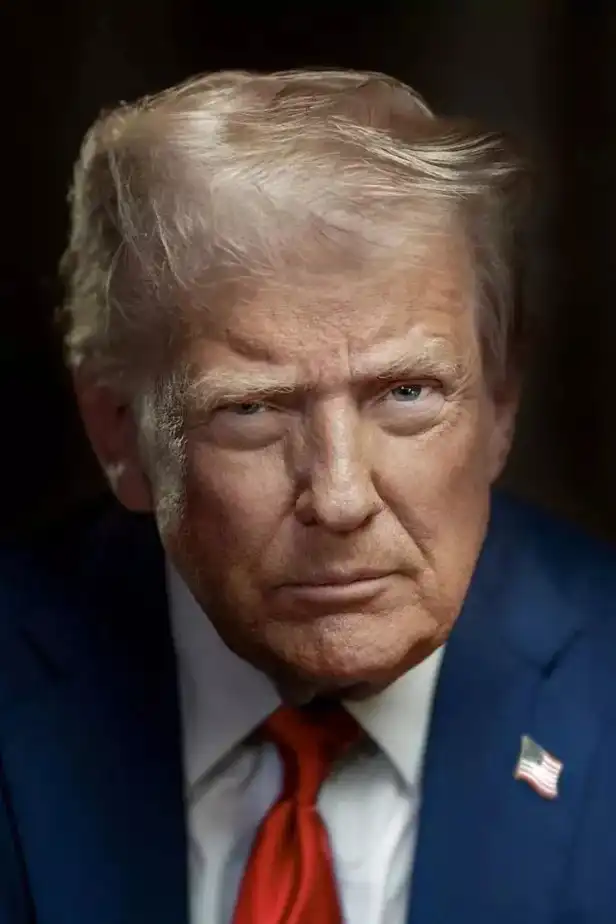
5. Important Caveats
It’s crucial to emphasize that Donald Trump has not publicly stated any plan to cancel the 2028 election.
So far, the fears arise from interpretation—based on his language, his tone toward military command, and his emphasis on “law and order” as justification for centralizing power.
America’s legal framework makes postponing a presidential election extremely difficult. Only Congress, not the president, can set or change Election Day. Yet history shows that democratic backsliding often begins not with legal changes but with shifts in public norms and the gradual acceptance of “temporary exceptions.”
As many analysts put it: the danger lies not in what Trump has already done, but in what his supporters might tolerate next.
6. Why This Matters for the U.S. and the World
Presidential elections are the foundation of American democracy. If a sitting president manages to postpone or undermine them, even temporarily, the consequences would be far-reaching:
-
Power concentration in a single executive branch.
-
Loss of democratic legitimacy and trust in government institutions.
-
Civil unrest and erosion of political stability.
-
Global credibility damage — the U.S. would lose its moral authority to champion democracy abroad.
Many experts warn that if the world’s oldest continuous democracy were to falter, it could embolden authoritarian leaders globally, from Europe to Asia, to follow the same path under the guise of “national emergencies.”
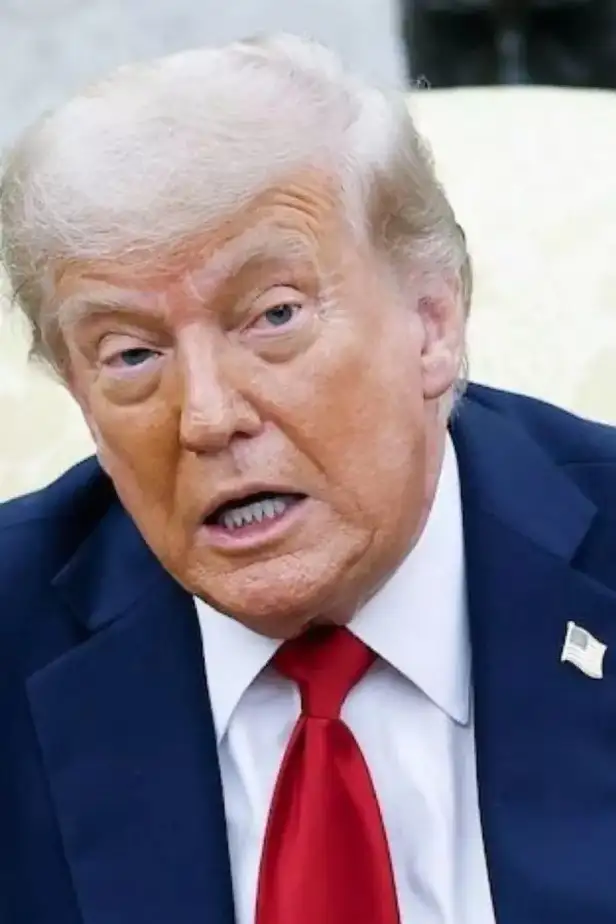
7. The Bottom Line
At this point, there is no confirmed evidence that Donald Trump has a concrete plan to cancel or postpone the 2028 election. However, multiple warning signs—his militarized rhetoric, calls to combat “enemies within,” and consolidation of executive power—warrant serious scrutiny.
The lesson of modern democracies is clear: authoritarianism doesn’t arrive overnight. It creeps in gradually, through fear, emergency powers, and the erosion of trust in democratic systems.
For Americans—and for observers around the world—the most important defense remains vigilance:
-
independent media,
-
an active civil society,
-
and citizens who insist that elections must be free, fair, and never postponed.
Democracy survives only when its people refuse to surrender it in the name of “security.”





